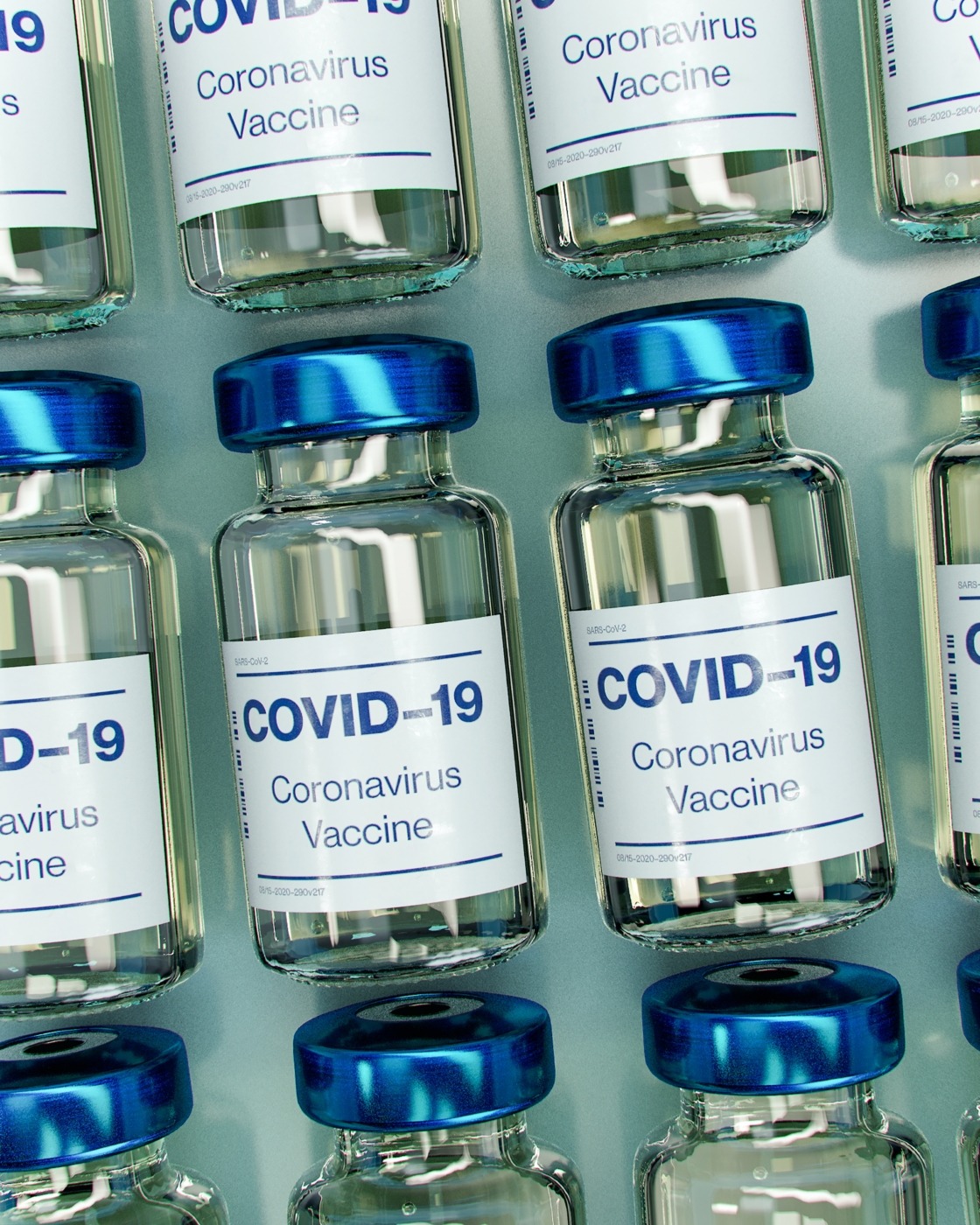How is social media dealing with anti-vax conspiracies?
There have always been conspiracy theories for as long as society has been around. Individuals seek to suggest that society has been manipulated in a certain way to benefit a select few. A key conspiracy theorist in the modern age has been the anti-vaxer: those opposed to vaccines because of their deluded beliefs about what is contained within them.
Much of the anti-vaccine rhetoric stems from the widely discredited Andrew Wakefield. In 1998, an article of his in the Lancet claimed to find a link between the MMR vaccine and autism. Though this theory has been debunked and led to Wakefield being struck off the medical register, it reduced uptake of the vaccine which was necessary for combatting measles.
In the modern age, it is even easier to spread misinformation online. The internet provides a platform for anyone to remark whatever information they like, regardless of whether it has any basis in truth. In particular, this is likely to be costly when encouraging individuals to take the vaccine against the COVID-19 caused by the SARS-CoV-2 virus. If individuals think the vaccine is going to harm them and that the costs outweigh any benefits, they are logically not going to take it.
Social media companies have recognised the impact this could have. According to the BBC, Facebook, Twitter and YouTube have said they will join forces with fact-checks, governments and researchers to tackle misinformation. The UK’s Department for Digital, Culture, Media and Sport, alongside the Reuters Institute for the Study of Journalism and Canada’s Privacy Council Office, will also be involved. The fact-checking website FullFact will also play a major role.
The success of any vaccine will be dependent on a large number of people taking it.
However, an initial framework for combating mistruths isn’t set to begin until January. By this point, countries will already hopefully be rolling out the vaccine to populations in order to allow a return to normality. Social media sites spread the most bizarre of conspiracies. Vaccines, it has been argued, have dreadful side effects, haven’t been properly tested and apparently involve Bill Gates wanting to put microchips in everyone.
Such posts have already been able to spread around the internet and this has led to social media accounts placing warning labels below them. This is to ensure that people who view such posts know that they are inaccurate. However, the Centre for Countering Digital Hate has argued that 95% of such material is not removed. The success of any vaccine will be dependent on a large number of people taking it. That will be the correct way for reaching herd immunity. If people are put off, this will not be effective.
This has led to much debate about the role of the state or Big Tech in shaping what individuals are able to see and read. The Labour Party have even argued that emergency legislation should be introduced to censor anti-vaccine misinformation. It is debatable whether this is the right approach. Anti-vaxers should have their arguments taken on and be proved wrong, rather than simply being shut down.
Indeed, the censorship of such anti-vaxers could prove counterproductive. By censoring their views, such individuals might be able to present themselves as martyrs and thus fuel the conspiracy further. Surely it would be more effective to debase the logic of their arguments. This was precisely what happened with Andrew Wakefield. Why wouldn’t it work for COVID anti-vaccine conspiracists?
Indeed, as Gaby Hinsliff has argued, it’s the vaccine-resistant who need convincing the most, not the absolutist anti-vaxers. Only 7% would outright refuse to take a vaccine. That being said, 20% would be reluctant to take a vaccine, with more women hesitant due to a belief it hasn’t been tested enough. Pleasingly, those most vulnerable to Covid-19, the elderly, are most willing to take a vaccine, with nearly 9 in 10 older folks agreeing. However, as she argues, this must be truly generational.
The speed at which the Covid vaccine has been developed is remarkable and should be celebrated. This is mainly due to all other non-Covid research being put on hold. Nonetheless, it is vital that every check is taken to ensure the vaccine is safe.
If social media platforms are going to make changes, it is vital that this is based on the public will and consent. For individuals to be censored simply for holding bogus beliefs allows the conspiracy theorist to develop their arguments that there is a big state or big tech working against them. Far better is to win the argument and convince individuals of the brilliance of vaccines and their benefits for all. Instead of censoring information, tech platforms may be better off spreading the range of positive information about the vaccine.

Comments